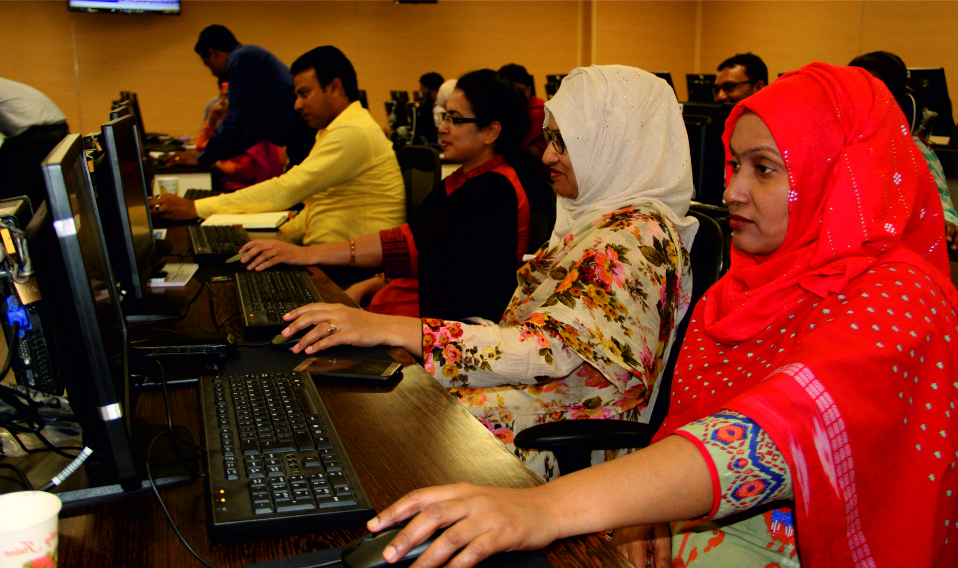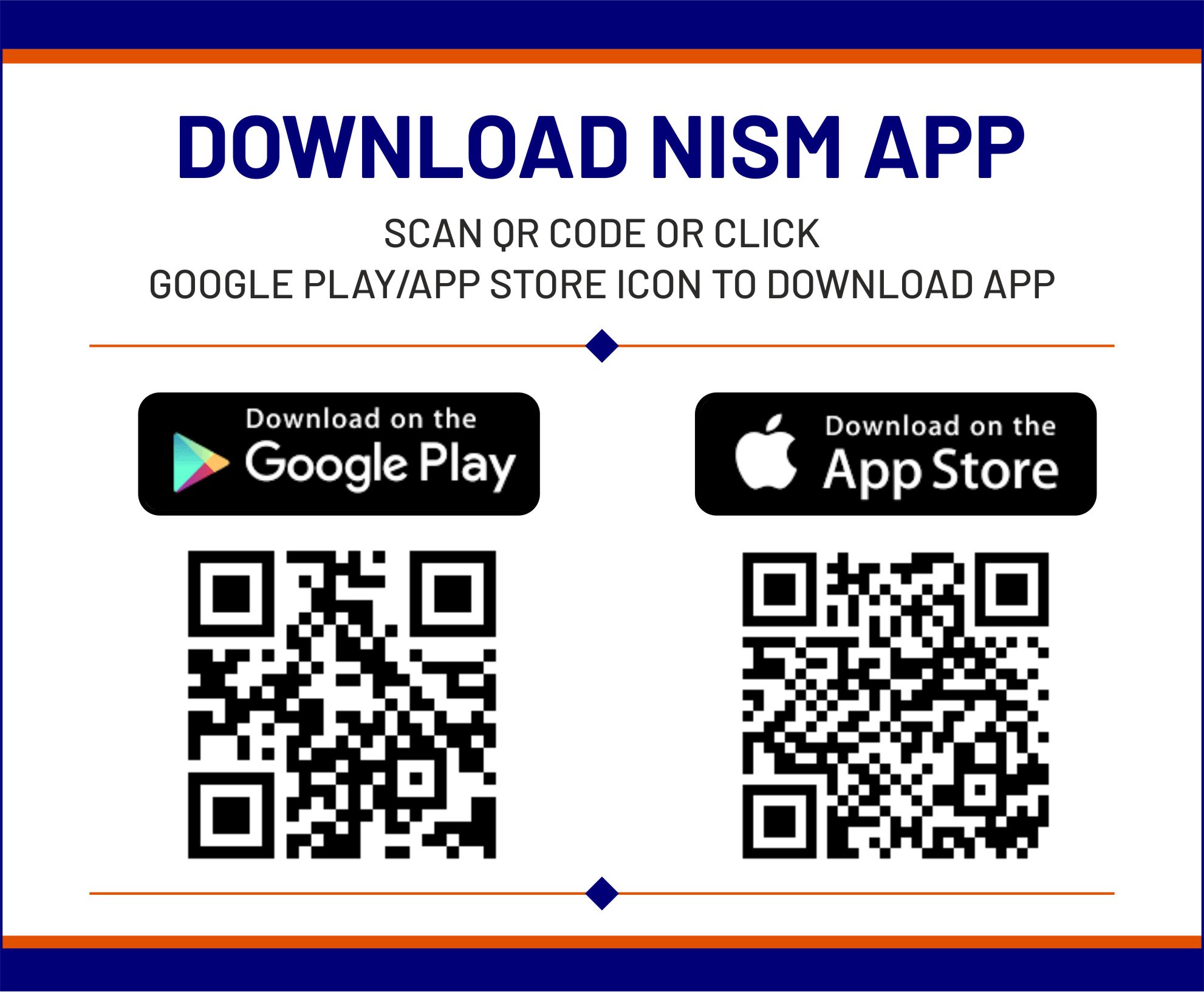Finance Lab

The SMART lab is the centerpiece of NISM’s innovative learning resource, that hosts a trading room. Asset price data is received from NSECM, BSECM, and Derivatives segment of the exchanges. The SMART lab is equipped with workstations that facilitate trading in equity and F&O segments of the National and Bombay stock exchanges. The prices of assets are live (5 minutes delayed). Trade and order matching algorithms are the same as those allowed by the exchanges. The front end trading screen is similar to the NEAT brokers trading screen. The objective of this lab is to bridge the gap between theory and practical. This lab is having 60 work stations in Patalganga campus and 36 in its Vashi campus.
This facility is used for training students to become versatile traders, portfolio managers, and also illustrate aspects of risk management in capital markets. For the regular courses of NISM, the lab team has designed a paper on trading and investment in the SMART Lab. Students spend 40 hours course in the lab. The front end software and feeds are provided by NSE IT. The simulated trading software, along with market data, is used to create a real-life trading experience (i.e., bringing D-Street into the finance class) in the lab. It is a powerful resource that helps participants to understand trading operations, construct portfolios, hedge, and risk neutralize them, manage them using different strategies across time. Also, the SMART lab helps in training for intra-day and news based proprietary trading in Indian markets. The SMART lab also hosts a Bloomberg terminal. This is used extensively for accessing data related to different asset classes, back test portfolios, and assessment of trading calls and portfolios created by the students. Student-wise and class-wise reports are generated at the end of different sessions to provide constructive feedback to the students.
We believe that trading is a skill and can be imparted through training. The SMART lab is supported by assessment and evaluation tools that help to evaluate the participants on various parameters like order execution, success ratios (% wins), return on investment (ROI), ability to strategize and take positions, manage the profit and loss book. Feedback is also provided on trading styles and trade discipline.
The SMART lab is the centerpiece of NISM’s innovative learning resource, that hosts a trading room. Asset price data is received from NSECM, BSECM, and Derivatives segment of the exchanges. The SMART lab is equipped with workstations that facilitate trading in equity and F&O segments of the National and Bombay stock exchanges. The prices of […]

